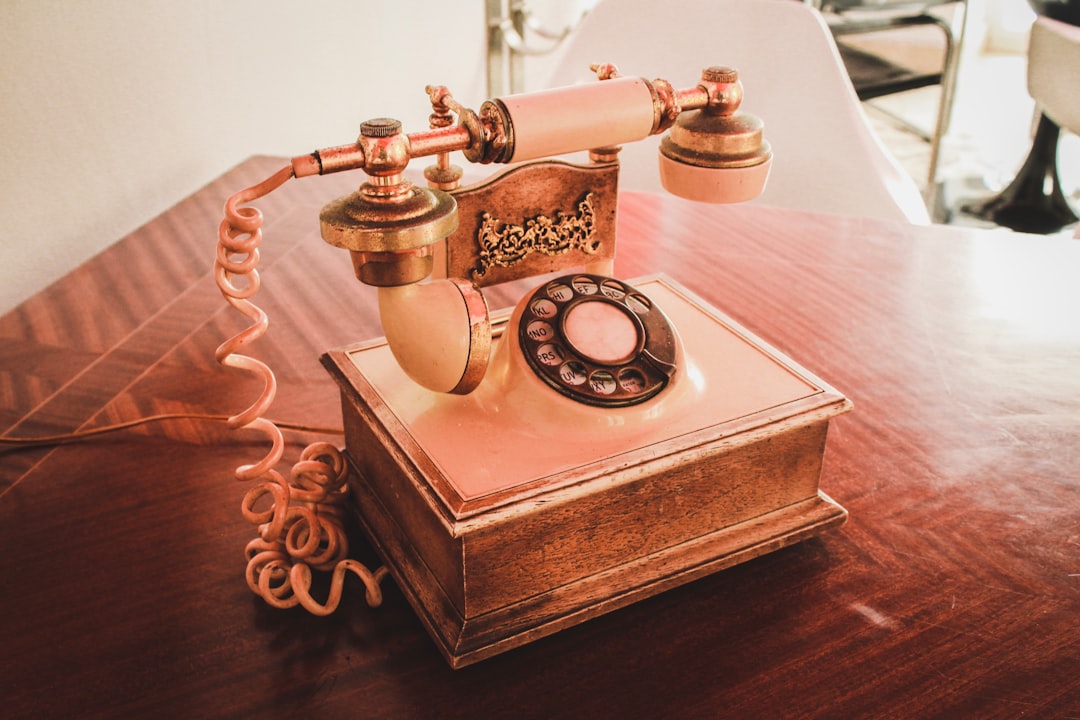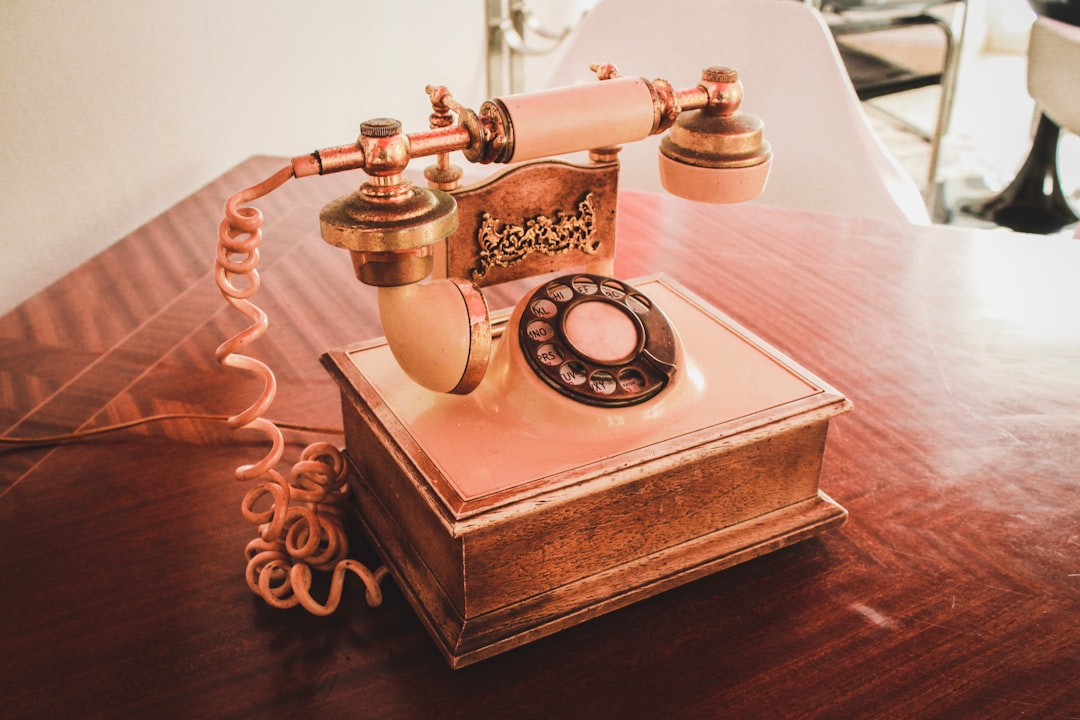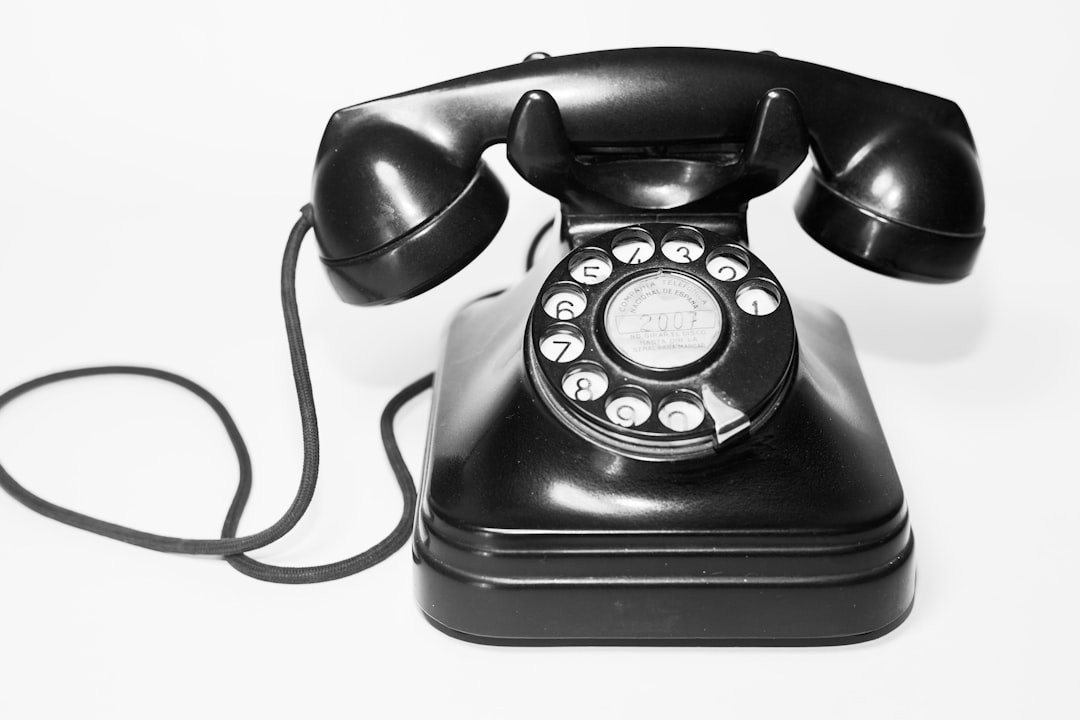In Maryland, fundraising activities are governed by strict "Do Not Call" laws designed to protect citizens from unsolicited calls, especially from legal professionals. Organizations like Hereford High School Boosters must obtain written consent before contacting potential donors, including those on the state's Do Not Call list. Adhering to these rules is vital for maintaining positive supporter relationships and avoiding legal issues related to unauthorized calls. By understanding and navigating these guidelines, educational organizations can effectively fundraise through personalized outreach, community events, and transparent communication while mitigating legal risks.
In the competitive world of fundraising, especially within educational organizations like Hereford High School Boosters in Parkton, Maryland, navigating legalities is crucial. This article delves into the intricate web of Maryland’s fundraising laws and regulations, focusing on the Do-Not-Call list rules to protect consumers. We explore strategic approaches for boosters while addressing legal considerations, including rights and responsibilities, as guided by top Maryland do not call lawyers. Effective communication best practices ensure successful fundraising without infringing upon protected consumer rights.
Understanding Fundraising Laws in Maryland: A Comprehensive Overview

In Maryland, fundraising activities are subject to specific laws and regulations designed to protect donors and ensure ethical practices. Organizations like Hereford High School Boosters must adhere to these rules when initiating any fundraising campaigns or calls. One crucial aspect is understanding the “Do Not Call” laws, which restrict who can contact individuals for fundraising purposes. These laws are in place to safeguard citizens from unsolicited calls, especially from legal professionals, often referred to as lawyers or attorneys. In Maryland, there’s a strict no-call list that prohibits law firms and individual lawyers from making such calls without prior consent.
The state’s guidelines clearly outline the do’s and don’ts for fundraising calls, emphasizing the need for explicit permission. Boosters must ensure they have written authorization before reaching out to potential donors, especially those on the “Do Not Call” list. This comprehensive overview aims to educate organizations like Hereford High School Boosters on navigating fundraising call rules in Maryland, ensuring compliance and maintaining positive relationships with supporters while avoiding legal pitfalls that might arise from unauthorized calls, especially when seeking legal representation, by not contacting lawyers or law firms without proper consent.
The Do-Not-Call List: Protecting Consumers from Unwanted Contact

In an effort to protect consumers from unwanted contact, Maryland has implemented strict rules regarding fundraising calls. One of the key components is the Do-Not-Call List, which allows residents to opt-out of receiving phone solicitations. This list is a powerful tool for individuals who wish to avoid relentless fundraising calls, especially from schools and booster clubs like Parkton’s Hereford High School Boosters.
By registering on the Maryland Do Not Call Registry, consumers can rest assured that their personal information will be respected. This means no more unwelcome phone calls from law firms or attorneys in the state promoting their services. It’s a simple yet effective way for residents to take control of their communication preferences and avoid potential harassment from persistent fundraisers.
Navigating Fundraising Strategies for Educational Organizations

Navigating fundraising strategies is an art that educational organizations, like Hereford High School Boosters in Parkton, must master to ensure their programs and initiatives thrive. In a world where attention spans are shorter than ever, finding effective methods to engage donors and solicit funds requires creativity and adaptability. The key lies in understanding the unique needs of the school community and tailoring fundraising efforts accordingly. From traditional events like car washes and bake sales to innovative digital campaigns, every strategy should aim to foster a sense of involvement and investment from parents, alumni, and local businesses.
Avoiding legal pitfalls is crucial when embarking on fundraising endeavors. Organizations must steer clear of what’s typically considered cold calling or unsolicited contact, especially when targeting individuals in Maryland. Engaging potential donors through personalized outreach, community events, and transparent communication can yield better results while adhering to guidelines that discourage the “Do not call” practice, ensuring compliance with laws and fostering positive relationships with supporters.
Legal Considerations for High School Boosters: Rights and Responsibilities

High school boosters in Maryland face a unique set of legal considerations when embarking on fundraising activities. While their enthusiasm and dedication are vital to supporting educational initiatives, it’s crucial they navigate the rules carefully to avoid potential pitfalls. One key aspect is understanding telephone solicitation laws, especially when reaching out to potential donors. In Maryland, strict regulations govern charities and non-profit organizations conducting phone campaigns, including high school boosters. These rules protect consumers from aggressive or unwanted calls, ensuring fair practices in fundraising.
Boosters should remember that they have the right to raise funds for their school but also a responsibility to respect privacy and consent. Engaging a ‘do not call’ lawyer Maryland or consulting with an attorney specializing in non-profit law is wise to ensure compliance. Following these guidelines will enable boosters to effectively fundraise, foster community support, and make a lasting impact on their school’s programs without legal repercussions.
Effective Communication: Best Practices for Fundraising Success

Effective communication is key to fundraising success, especially when navigating sensitive topics like reaching out to potential donors. The Parkton’s Hereford High School Boosters understand this, which is why they’ve adopted best practices that steer clear of common pitfalls. By avoiding phrases such as “Do not call lawyer Maryland” or “do not call attorney Maryland,” they ensure their message lands positively with recipients. Instead, they focus on building relationships and conveying the school’s vision, inspiring support through genuine engagement.
This strategy involves personalized outreach, highlighting the positive impact of donations, and offering transparent updates on fundraising progress. By shunning aggressive tactics like “do not call law firms Maryland” or “do not call lawyers Maryland,” the boosters foster a culture of trust and collaboration. This approach not only enhances their ability to raise funds but also strengthens community ties, ultimately contributing to the success of their endeavors.






